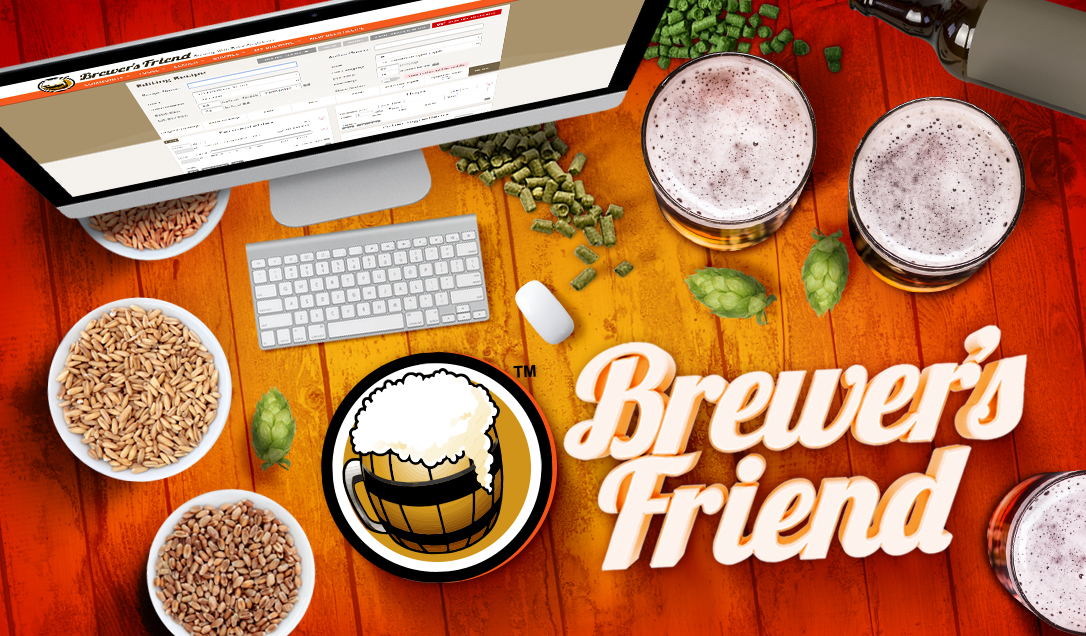I am a fan of culinary sciences! There is insanity and then there is the idea of homebrewing beer.
While out shopping for dinner ingredients I decide to stop by my local brew house, Dry Dock Brewing South Dock. Next door they have a brew supply store called The Brew Hut. I wandered for a bit and stopped at their bookshelf. I picked up two books and started reading last night.
How To Brew by John. J. Palmer
Simple Homebrewing by Drew Beechum and Denny Conn
I am really excited as I think that learning the science of beer will allow me appreciate the taste of beer even more. Additionally, I think that it would be fun to create a whole meal surrounding cooking at home, offering everything from libations to fresh food. How many of my new Pit friends are doing the same thing?
While out shopping for dinner ingredients I decide to stop by my local brew house, Dry Dock Brewing South Dock. Next door they have a brew supply store called The Brew Hut. I wandered for a bit and stopped at their bookshelf. I picked up two books and started reading last night.
How To Brew by John. J. Palmer
Simple Homebrewing by Drew Beechum and Denny Conn
I am really excited as I think that learning the science of beer will allow me appreciate the taste of beer even more. Additionally, I think that it would be fun to create a whole meal surrounding cooking at home, offering everything from libations to fresh food. How many of my new Pit friends are doing the same thing?






Comment